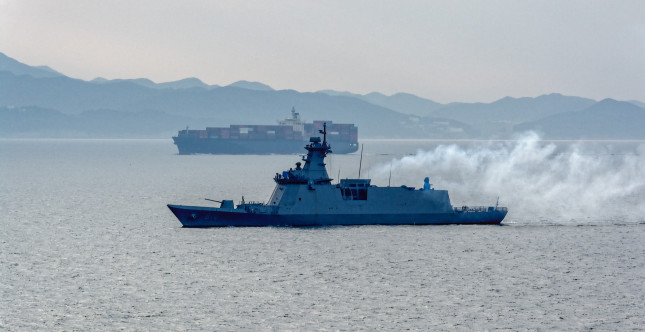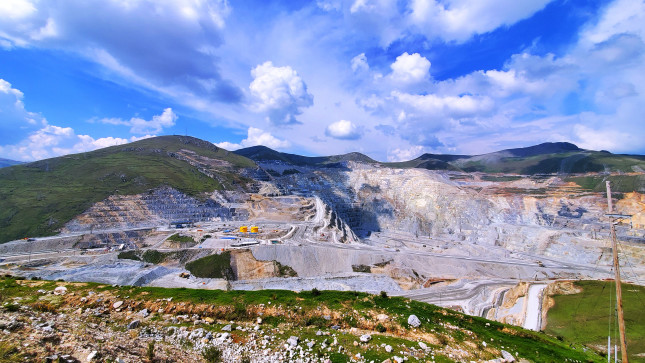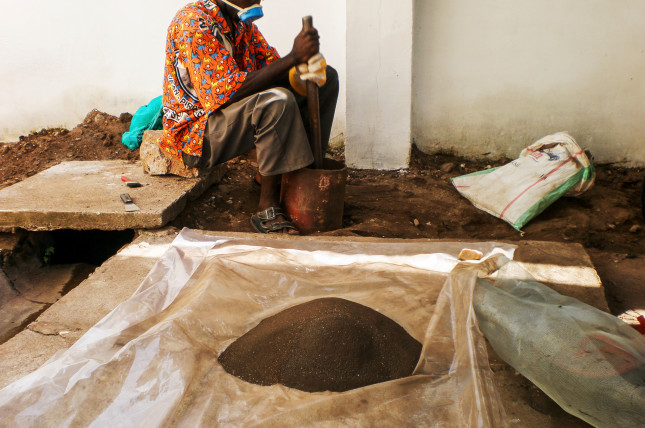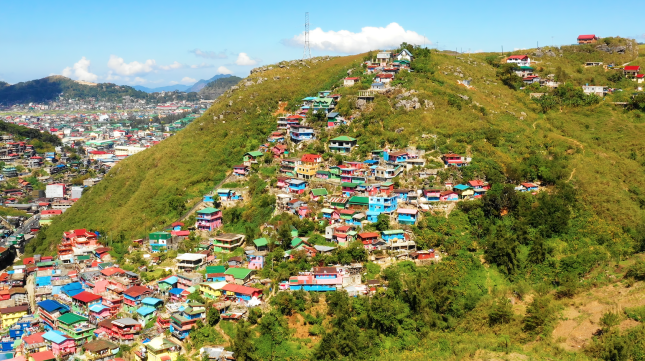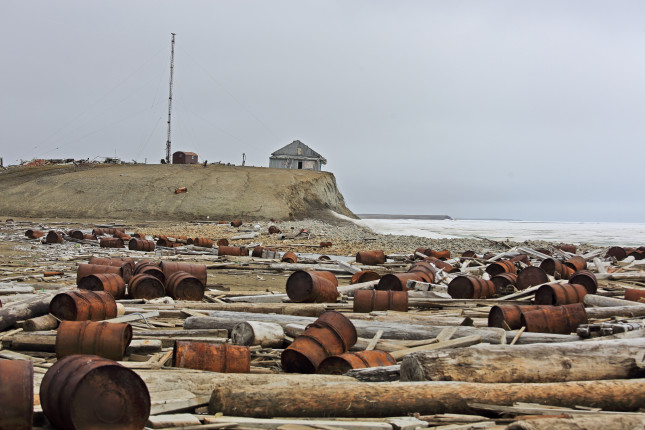-
ECSP Weekly Watch | August 21 – 25
›
A window into what we are reading at the Wilson Center’s Environmental Change and Security Program
Deforestation Dynamics in Colombia: The Role of Armed Groups
A 29% drop in deforestation in Colombia in 2022 was labeled as a victory for President Gustavo Petro. Yet there is another reason behind the decrease. Armed groups, such as the Estado Mayor Central (EMC), have imposed logging bans in areas under their control, and levy fines amounting to 251 dollars per hectare.
-
El Niño and Militarized Fisheries Disputes in the East and South China Seas
›
Earlier this summer, the Armed Forces of the Philippines spotted dozens of Chinese fishing vessels in—or very near to—the Philippines’ exclusive economic zone. This influx occurred just weeks after the US National Oceanic and Atmospheric Administration announced, “El Niño is here.”
-
Q&A: Dr. Jeff Colgan on the Energy Security Impacts of Russia’s War in Ukraine
›
Dr. Jeff Colgan is Director of the Climate Solutions Lab at the Watson Institute for Public and International Affairs at Brown University, and a keen observer of the interplay between energy and security. His new white paper, “Letting Europe’s Energy Crisis Go to Waste: The Ukraine War’s Massive Fossil Fuel Costs Fail to Accelerate Renewables,” co-authored by Alexander S. Gard-Murray and Miriam Hinthorn, offers a new window into how an event with the broad potential to reshape energy policy to more sustainable ends has failed to meet the moment. Colgan spoke to us about the institute’s new research and the lessons learned about conflict’s influence on the energy transition more than a year into the Ukraine conflict.
-
ECSP Weekly Watch | August 14 – 18
›
A window into what we are reading at the Wilson Center’s Environmental Change and Security Program
Thirst for Relief: Prolonged Drought Intensifies Afghanistan’s Humanitarian Crisis
Afghanistan is the world’s sixth most affected country by climate-related threats—and its present acute challenge is water scarcity, intensified by climate change. The country is heavily reliant on agriculture, which makes up a third of its GDP.
-
China’s Critical Mineral Model in Latin America
›
The great power competition underway between the United States and China has a ripple effect in each nation’s neighborhood. As the United States prepares for possible conflict seven thousand miles away in the Taiwan Strait, China is expanding its economic influence in Latin America.
-
Examining China’s Impact on Mining in Africa: Critiques and Credible Responses
›
The increased demand for minerals driven by the renewable energy transition has put China’s involvement in mining activities in Africa in the spotlight. But understanding the challenges posed by this activity means we need to situate it within broader contexts.
-
World Population Day: Understanding Current Trends to Enhance Rights and Climate Resilience
›
In today’s demographically diverse world, population issues abound, creating different and important social, economic, and political implications. World Population Day (observed each year on July 11) offers an opportunity to reflect on why population is so important. Understanding the implications of population growth and decline, as well as population age structure and migration—is essential to strengthen our abilities to plan for a more sustainable future.
-
Solving Municipal Solid Waste Management Challenges in Arctic Cities
›
The Arctic was once untouched and pristine. However, over the years, the polar environment has experienced ecological damage caused by extensive resource exploration, military activities, and contamination from sources originating outside of the region. The extent and implications of the human-induced pollution legacy are still awaiting comprehensive estimation, measures, and solutions.
Showing posts from category natural resources.


